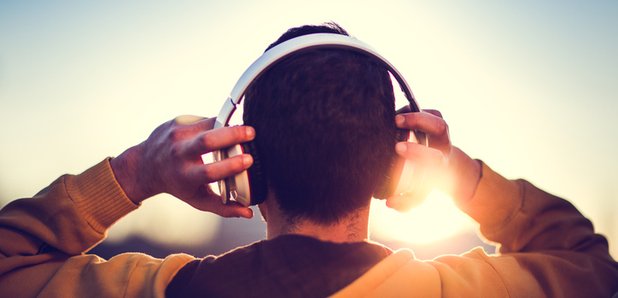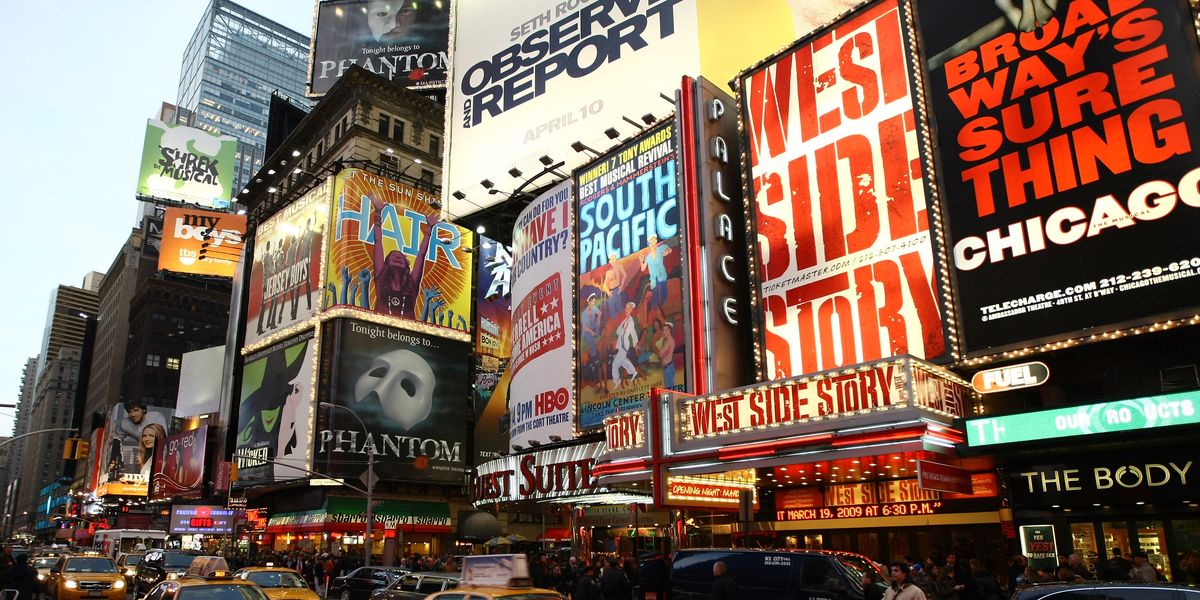Have you ever wondered: what does music mean?
As I discuss in this blog’s very first post, we all consume it constantly. It’s clear that we as humans have a particular affinity for music. In fact, as I write this, a boy sitting a few seats down from me at the same table is jamming out on his invisible drum set very nonchalantly. He is oblivious to his surroundings, including me, who has been intently observing him for the past ten minutes.
But what does it mean? No doubt there are scientific reasons we find it alluring (harmonious frequency waves and the like), but that is not the subject of this discussion.
Music speaks to us. But what is it saying? What are the lyrics saying? What are the sounds saying?
This has bothered me more and more over the course of the past several months. Are pop songs consumed en mass glorifying indulgence in sex and drugs really spreading meaningful or instructive messages? Are soulful Motown love songs telling us anything insightful or new? Is the massive library of classical and jazz music anything more than a pleasing collection of sounds? On that note, what message does instrumental music communicate?

Music isn’t so explicit about what it’s saying. It seems to be more sensual and less literary or academic.
I suspect this is why I’ve been a long fan of musical theater (especially of the Sondheim variety, who tragically passed last year). By embedding music in a specific setting with a specific plot and characters, its meaning is made more explicit. In this setting, music is used as a hyper-stimulant which emotionally bolsters the storytelling on stage. When a musical has complex philosophical themes or social commentary, I am especially intrigued and invested in its music.
But musical theater is only a tiny fraction of the music which captures our (and my) attention. What about music that isn’t tied up in a larger narrative structure? It is true that pop songs sometimes tell stories (“Cat’s in the Cradle” by Harry Chapin) or have a social message (“Big Yellow Taxi” by Joni Mitchell). But many times this is not the case. Music can be quite abstract. Many young people have taken up the hobby of producing beats with Digital Audio Workstation technology, and don’t even put words to their music. They just like how it sounds–they like the “vibe.” It’s difficult to decipher what these homemade beats, or a solo cello concerto for that matter, are saying to us.
The truth is, music is an abstract art form. Sometimes the lyrics are important, sometimes they’re not. Sometimes there are no lyrics at all. Music seems to elicit emotional experiences which give listeners an intimation of profound meaning, beauty, and order. We just can’t quite articulate what this meaning is in words. That being said, music might possibly be the closest humans have come to uncovering the meaning of life of Earth (depending on your religious beliefs).
We feel it…but we can’t say what it is exactly–an incredibly frustrating reality.


Music has long been something that I respect and will forever be perplexed by. My appreciation for music started in elementary school, where I joined the band in 4th grade (and thus forever became a proponent of music education in schools). While I no longer play an instrument, my respect for the tool of music and sound continues to this day. One interesting example I came across recently that I thought of while reading your post was the Shepard Tone. Through some sort of manipulation of sine waves and octaves which is completely unknown to me, one is able to create a tone that appears to perpetually get higher or lower but always stays the same. With the sense of hearing being an important one in our perception of the world, I am excited to read through your blog and explore different concepts of music theory.
For a long time, music didn’t really mean anything to me; it was just a collection of sounds that was sometimes fun to listen to. When my friends growing up spent hours playing the piano, or hours and hours listening to their favorite songs, I didn’t really get it. As I’ve gotten older, however, I’ve come to really appreciate music’s ability to bring me back to certain times in my life. You made a comment in the post about how a lot of people in our generation don’t really care about the lyricism in today’s songs, but rather pay attention to the “vibe”, and I’m in the same boat; for some reason, beats help me form a better emotional connection than lyrics.